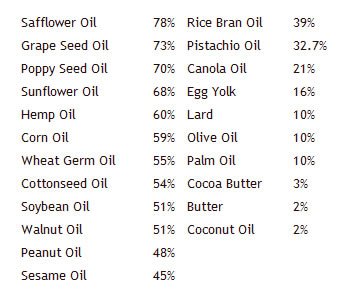knightofalbion
New member
- Joined
- Jul 24, 2010
- Location
- Glastonbury, England
Breast cancer articles
https://articles.mercola.com/sites/articles/archive/2011/02/14/beating-breast-cancer-a-guide-to-prevention-treatment-and-recovery.aspx
(Dr Mercola advocates krill oil for omega-3. I don't. I advocate flax. ...See below)
https://www.cancure.org/flax.htm
https://www.007b.com/breast-cancer-prevention.php
https://www.007b.com/breast-cancer-prevention-2.php
https://articles.mercola.com/sites/articles/archive/2011/02/14/beating-breast-cancer-a-guide-to-prevention-treatment-and-recovery.aspx
(Dr Mercola advocates krill oil for omega-3. I don't. I advocate flax. ...See below)
https://www.cancure.org/flax.htm
https://www.007b.com/breast-cancer-prevention.php
https://www.007b.com/breast-cancer-prevention-2.php


